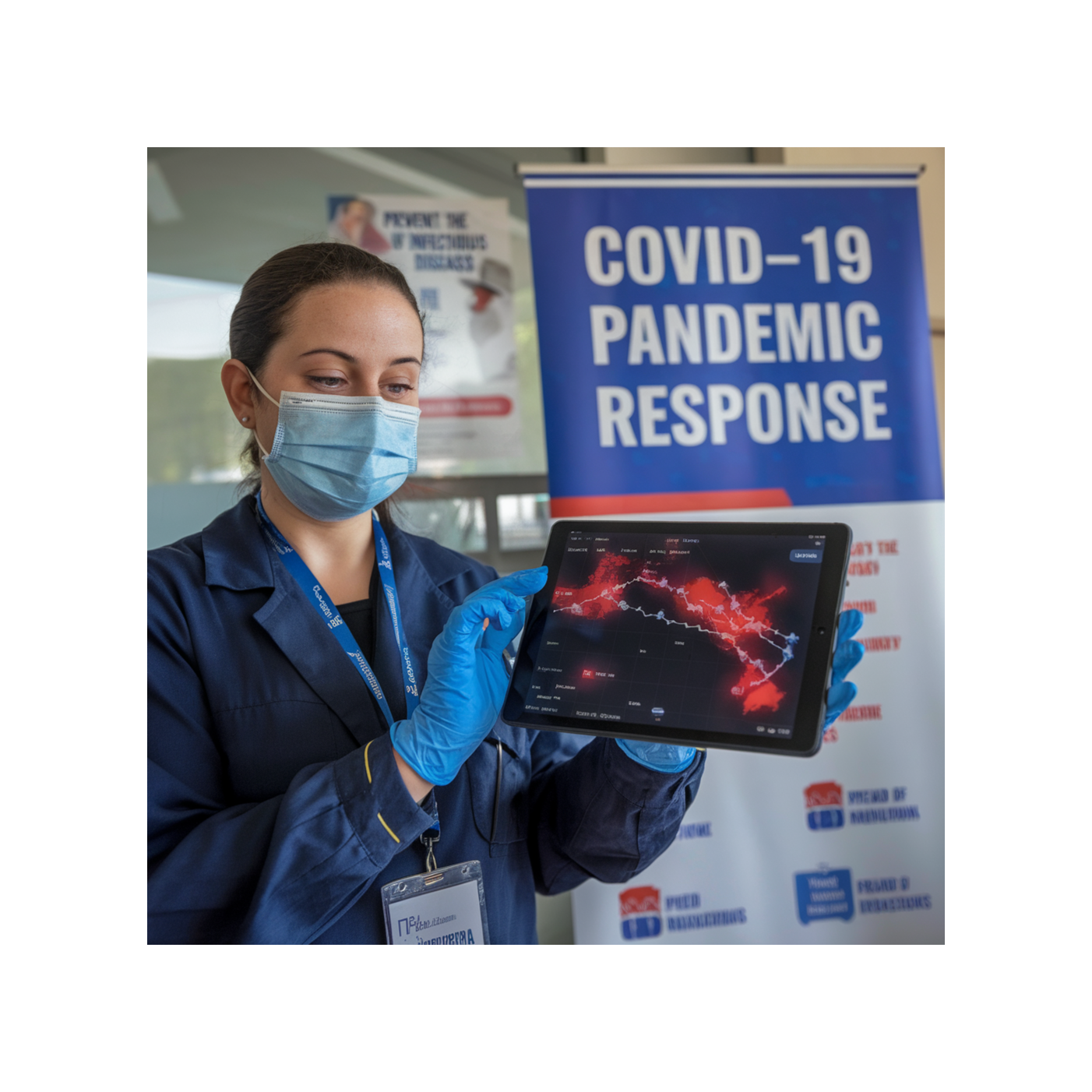Sep 24 2024 10 mins
In today’s episode, we delve into the intricate dynamics of infectious disease transmission and the multifaceted strategies employed to manage outbreaks and pandemics. We'll explore the key factors that influence how diseases spread, such as environmental conditions, social interactions, and the unique characteristics of various pathogens.
Join us as we uncover the vital importance of swift and decisive action in areas like rapid assessment, prevention, surveillance, outbreak control, disease management, and vaccination. We’ll examine real-world examples of how these strategies are implemented to curb the spread of illnesses and protect communities worldwide.
But it's not all science and strategy—ethical considerations and societal challenges play a significant role in pandemic response. We'll discuss the tough decisions governments and societies face, balancing public health needs with individual rights and freedoms.
Highlighting success stories, we'll take a closer look at Australia’s effective response to the COVID-19 pandemic. Discover how collaboration, data-driven decision-making, and trust-building were key to controlling the spread of the virus and safeguarding public health.
Whether you’re a student of global health, a healthcare professional, or simply someone interested in the mechanisms behind disease control, this episode offers valuable insights and inspiring stories that illuminate the complex world of managing global health crises.
So, tune in and join us on this enlightening journey through the challenges and triumphs of combating infectious diseases. Let’s explore how informed strategies and collective efforts are paving the way for a healthier, more resilient future for us all.
